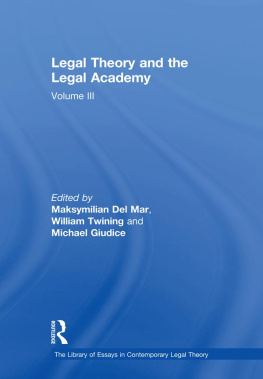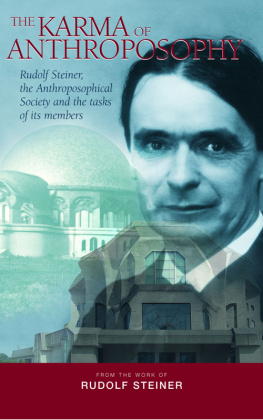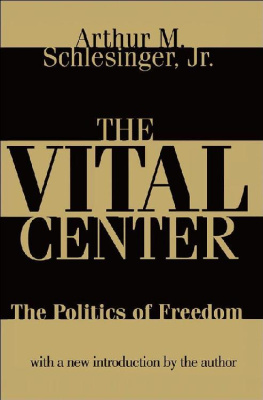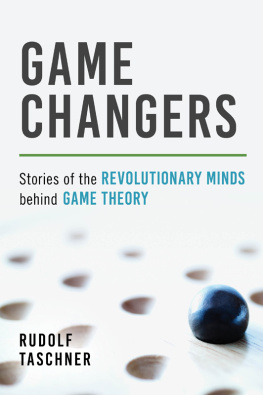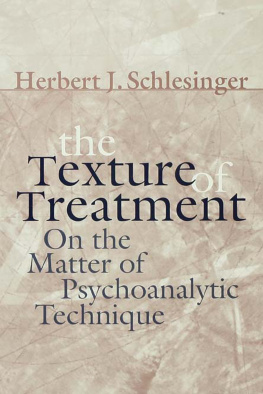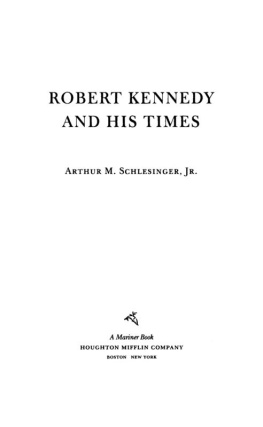The International Library of Sociology
SOVIET LEGAL THEORY
The International Library of Sociology
THE SOCIOLOGY OF THE SOVIET UNION
In 8 Volumes
I | Chekhov and His Russia | Bruford |
II | Educational Psychology in the USSR | Simon and Simon |
III | Family in the USSR | Schlesinger |
IV | History of a Soviet Collective Farm (The above title is not available through Routledge in North America) | Belov |
V | The Nationalities Problem and Soviet Administration | Schlesinger |
VI | Psychology in the Soviet Union | Simon |
VII | Soviet Legal Theory | Schlesinger |
VIII | Soviet Youth | Meek |
SOVIET LEGAL THEORY
Its Social Background and Development
by
RUDOLF SCHLESINGER
First published in 1945 by
Routledge
Reprinted in 1998 by
Routledge
2 Park Square, Milton Park, Abingdon, Oxon, OX14 4RN
Simultaneously published in the USA and Canada by Routledge
711 Third Avenue, New York, NY 10017
Transferred to Digital Printing 2007
Routledge is an imprint of the Taylor & Francis Group, an informa business
First issued in paperback 2013
1945 Rudolf Schlesinger
All rights reserved. No pan of this book may be reprinted ur reproduced or utilized in any form or by any electronic, mechanical, or other means, now known or hereafter invented, including photocopying and recording, or in any information storage or retrieval system, without permission in writing from the publishers.
The publishers have made every effort to contact authors/copyright holders of the works reprinted in The International Library of Sociology. This has not been possible in every case, however, and we would welcome correspondence from those individuals/companies we have been unable to trace.
British Library Cataloguing in Publication Data
A CIP catalogue record for this book
is available from the British Library
Soviet Legal Theory
ISBN 978-0-415-17815-0 (hbk)
ISBN 978-0-415-86423-7 (pbk)
Publishers Note
The publisher has gone to great lengths to ensure the quality of this reprint but points out that some imperfections in the original may be apparent
CONTENTS
VIII. PRESENT PROBLEMS OF SOVIET LEGAL THEORY
This book deals with Soviet conceptions of Law. As is natural in a country where Law is regarded as an expression of social conditions and social needs, those conceptions are sociological rather than legal, i.e. they deal with Law not as an isolated system of values and norms but as an agent in social life. Some of the concepts that we are to discuss in this book are in fact what are commonly called legal theories, that is to say, theories evolved by lawyers for the purposes of the Law. The greater part have been elaborated not by lawyers but by politicians, sociologists and economists; some have even been evolved with the intention of demonstrating the alleged obsolescence of Law in a society of the Soviet type. Someperhaps the most importanthave not been elaborated explicitly at all, but are implied in the actual working of Soviet legislation.
Under such circumstances the title of the book may be regarded only as an approximately accurate indication of its contents. But it was the best available. Soviet conceptions of Law would have been open to even more serious misunderstanding because of the widespread confusion between Law on the one hand, and Justice and Morals on the other. It might also have raised expectations of a detailed treatment of the concrete contents of the Soviet legal system which cannot be satisfied in this book. I have tried to deal with the evolution of the fundamental concepts of Soviet Law within the framework of the general evolution of Soviet society. Thus I have written a sociological and economic rather than a legal book. Such an approach may be right or wrong, according to the philosophy of Law that may be accepted; but it is an approach which would seem natural to the people about whom I write. The study of revolutionary Russia can make the maximum contribution to science and social reconstruction in other countries only if it starts from Russian rather than from imported, Procrustean standards.
I am not sufficiently a philologist to aspire to make a contribution to highly controversial subjects like the correct transcription of Russian words, or even the translation of the technical terms of one legal system into those of another, completely different in its structure. My aim has been to make the meaning intelligible with as little effort on the part of the reader as possible. I have added a footnote only in those cases where there was danger of misunderstanding, not in all those where my choice of terms is controversial.
Dr. Mannheim, the editor of this Library, not only encouraged me to write this book, but also made some most valuable suggestions in discussing the typescript. Mr. Andrew Pears revised the style.
I thank those organisations, British and of refugee scholars, the support of which made it materially possible for me to write this book. I am also deeply obliged to the librarians of Chatham House and of the Society for Cultural Relations with the U.S.S.R. who gave me every assistance in collecting the materials needed.
LODE, CAMBRIDGE,
December 1944.
When this book was first published, twenty-eight years after the Russian Revolution, the study of Soviet institutions in the Western World was in a state where every effort at tackling new problems, however limited the resources of material, had, at least, the merit of demonstrating the applicability of ordinary scientific methods to as controversial a field as the Soviet Union. Whatever else may be said about the development of Western relations to the U.S.S.R. during the last five years, it is a fact that, together with a mushroom-like growth of propagandist publications of the worst kind, the study of the U.S.S.R. as a definite branch of sociology has won its place in academic life. There is a number of books and periodicals aiming at the treatment of the subject according to the normal standards of scholarship. Workers in this field are still having to fight against those who defend the propagandists monopoly in a sincere interest in social progress and those who claim a monopoly in patriotism for the journalist; but this may be regarded as a healthy symptom of the potential influence of quiet and sober work upon the formation of public opinion. From the point of view of the author of one of the earlier books representing this trend, it is clear that the mere demonstration of the possibility of working even with very restricted documentation is no longer sufficient: the use of the broader (though still insufficient) material which has since become available should be explored.





